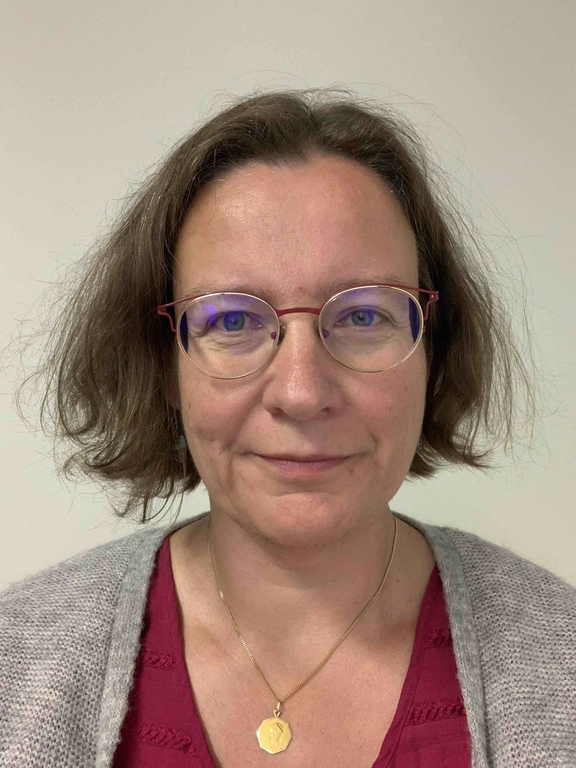Isabelle LINDEN
- Faculties/Departments/Services
- Department of Business Administration
- Research groups
- Namur Digital Institute (NADI)
- Management of INformation and DIgital Transformation (MIND IT)
- Committees
- Auditory Board (CONSAUD)
- Reprography board (CONSREP)
- (EBUF)
- Commission de contact de la faculté des sciences économiques, sociales et de gestion
-
Conseil de la faculté des sciences économiques, sociales et de gestion
Location : Building Sciences économiques, sociales et de gestion
Rempart de la Vierge, 8 - 5000, Namur
Door 410
Introduction
Isabelle Linden is a Professor in Information Management at the at the University of Namur (UNamur). Previously, Isabelle Linden studied Mathematics (University of Liege - ULg), Philosophy (ULg) and Computer Science (University of Namur). She got her Ph.D. in Computer Science with a thesis on temporal coordination languages. From 2001 to 2009, she was a member of the CoordiNam Team at the Faculty of Computer Science of the University of Namur and was engaged in research into coordination languages as well as expert systems. Currently, her interrest is focussed on decision support systems, information management and business intelligence.
Having a keen interest in modes of knowledge representation and reasoning, as well as the techniques to understand, formalize and structure them, Isabelle Linden is developing a research program aiming to invent and develop new methods of analysis and decision support.
At the heart of decision making are knowledge, its articulation in reasoning and the issue of its acquisition, especially when it is only available in poorly structured forms. Isabelle Linden has explored these questions in different contexts: legal texts related to estate planning and calculation of inheritance (SEPlanS and Proceplans Research Projects and the Casubel software), as well as expert knowledge for exception handling in processes of the logistic chain (BEM Project). She also studies the modeling of data-centric coordination mechanisms (Bach language) and the transformation of data into knowledge within Business Intelligence (BI) platforms.
In recent months, adopting an analytical perspective supported by interactive visualisations in dashboard-like displays, she has been questioning how novel visualisations could support and generate text analysis in a way that does not reduce the sense but preserves polysemy, evocation and intertextuality.
Areas of expertise
- Knowledge Modeling, Acquisition and Management
- Decision Support Systems, Business Information Systems
- Information Management, Intelligent Systems
- Coordination Languages and Models
- Formal Methods and Programming Methodologies
- Concurrent Programming and Distributed System







